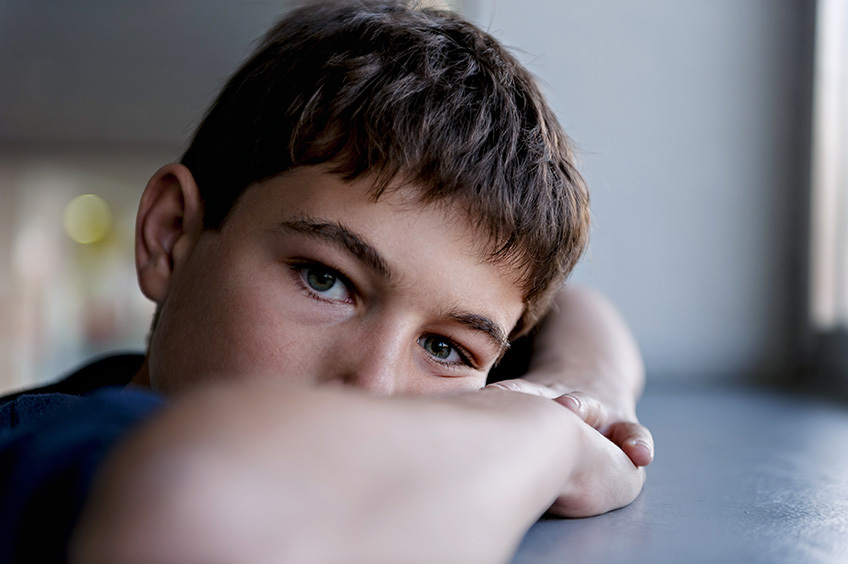When it comes to discussing death, grief and loss as experienced by children, the topic is already difficult to grasp. For children with autism, there is an added level of difficulty when expressing such complex emotions and concepts.

Autism is a broad spectrum of symptoms that range from difficulty communicating to difficulty with social situations and interactions to other more complicated symptoms. Along its wide range there are some that are higher functioning than others and its complexity can make it difficult to support generally. But with the condition being easier to diagnose, the need to continue to discuss ways to help those with autism or those raising children with autism during a myriad of situations has become a necessity.
When it comes to discussing death, grief and loss as experienced by children, the topic is already difficult to grasp. For children with autism, there is an added level of difficulty when expressing such complex emotions and concepts. As a spectrum of conditions, autism tends to primarily affect communication, social functions and emotional control. The following are some scenarios to consider.
Try to explain death as concretely as possible. When dealing with children or young adults, guardians and parents tend towards flowery language when it comes to death and loss. Words like "passed away" or "gone to sleep" may be taken too literally to the autistic mind and thus only makes grief more painful. If a person is merely asleep, they should wake up and thus explaining it that way can only make the thought more difficult to bear. Be blunt. Explain that death is a part of life and just because a person may physically be gone, they are rarely gone from memory.
Funerals, wakes and gatherings can stress a child with autism. Social gatherings can be stressful for any child but crowds, loud noises, extended time away from home and the disruption of routine can all be very difficult for a child with autism. If your child has a particular item that helps them feel more comfortable or relaxed and it is not a serious disruption to the services then bring it along. Politely excuse yourself and your child if an emotional outburst becomes disruptive: your friends and family will understand. If you are concerned that a gathering, funeral service or wake may be too much for your child, then politely say so: send a card and flowers. There are many ways to be supportive that do not involve being physically present.
Nightmares, emotional distress and other symptoms are common for anyone after a loss, but a child with autism may have even more difficulty expressing or coping with these feelings. If you are already seeing a therapist or counselor, be sure to update them about the recent loss: they are trained professionals who can help provide tangible coping mechanisms. Try coloring books or activities that encourage children to express themselves through art, block building, or board games. They can help provide a solid, more concrete way to express very abstract feelings.
Autism spectrum disorders affect 1 in every 59 children in the United States. Understanding how to better help these children cope and understand death is vitally important to bettering their lives and experiences.
More information can be found by visiting: www.autismspeaks.org
.jpg)
